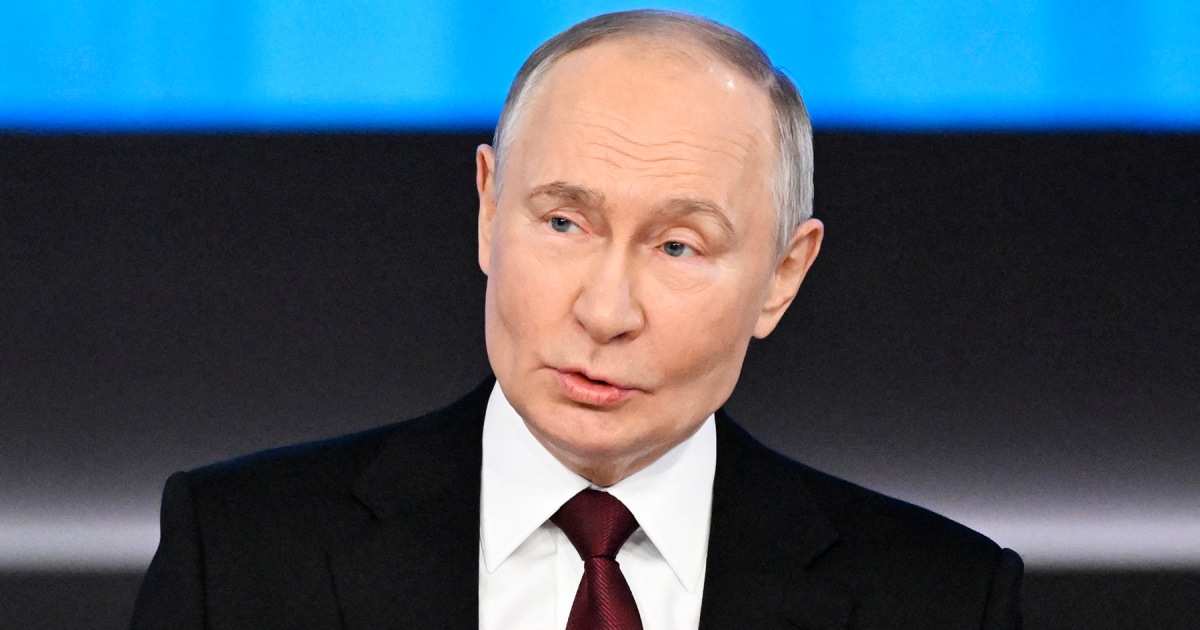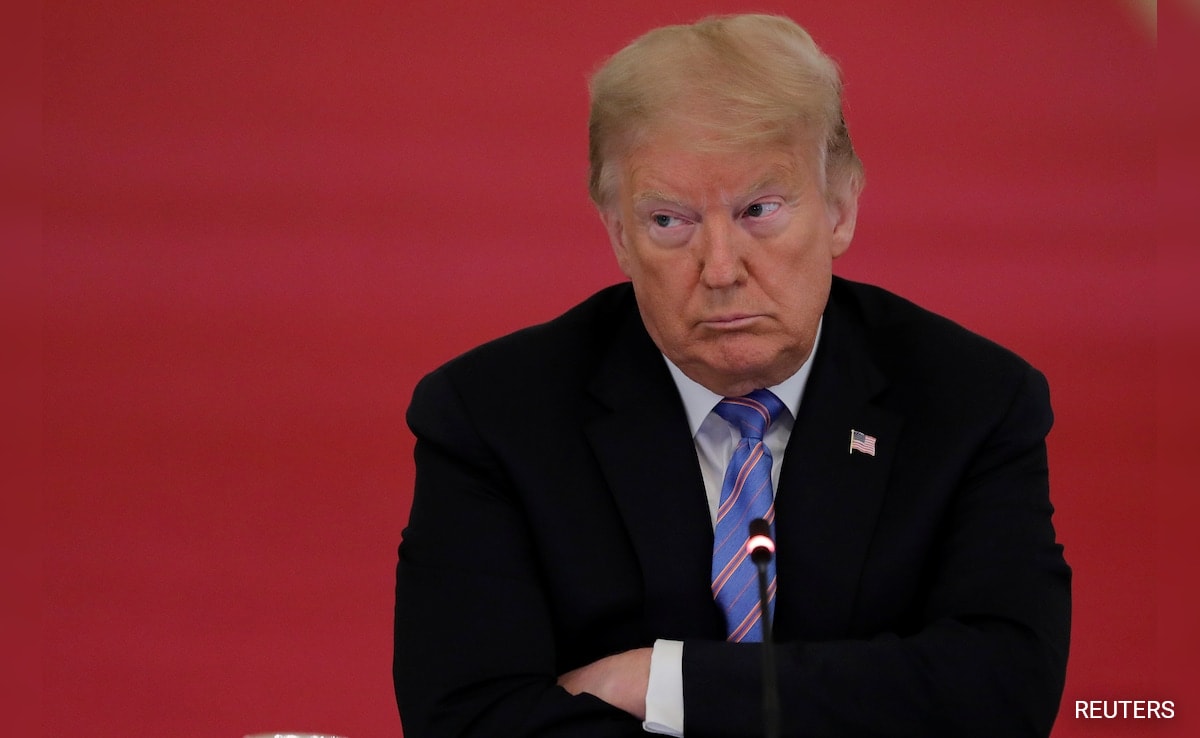World
What does Trump 2.0 mean for the rest of the world?

CAMBRIDGE, MA. — While the 2024 election primarily focused on domestic concerns, the policies of President-elect Donald Trump’s incoming administration are certain to have far-reaching global implications. Trump’s return to power revives the “America First” agenda, characterized by renegotiating trade agreements, recalibrating alliances, and reducing America’s commitment to any global engagement that doesn’t directly benefit U.S. priorities.
For some, Trump’s unorthodox leadership offers the promise of a disruptor who could end protracted conflicts in regions like Gaza and Ukraine. To others, his unpredictability poses the risk of exacerbating global instability and tensions.
“There’s above all a quite intense and unrelenting speculation about what this highly unpredictable, independent, iconoclastic and unusual American president will mean for America’s role in the world,” said Tarek Masoud, professor of democracy and governance at John F. Kennedy School of Government at Harvard University, and a scholar of the Middle East.
On Dec. 5, Masoud led a panel of political scientists and analysts, who discussed the global implications of Trump’s victory, including its potential effects on sub-Saharan Africa, Southeast Asia, China and the broader state of democracy worldwide. The event was hosted by the Kennedy School’s Ash Center for Democratic Governance and Innovation.
When it comes to America’s external orientation, Masoud framed the stakes of Trump’s second term by posing a question: “Will America continue to be the indispensable nation deeply involved in everything, everywhere, sometimes for good, sometimes for ill — or will we turn inward?” Here’s how the panelists responded.
Hope for strategic alliances in Africa
In Africa, the responses to Trump’s election varied across the continent. Soon after the election, leaders from Kenya, Nigeria and Egypt congratulated Trump, expressing optimism about the potential for improved bilateral relations and expanded collaboration. This response reflects a pragmatic outlook, according to Gloria Ayee, a political scientist who studies sub-Saharan Africa and teaches at the Harvard Kennedy School. Leaders there hope to strengthen ties that align with Trump’s business-oriented policies and attract American investments in the areas of infrastructure, energy and technology, offering potential economic growth for the continent, Ayee said. “These collaborations could significantly impact local economies if they are tapped effectively,” she said.
Others have expressed concern about cuts to U.S. aid to Africa, reduced humanitarian and development support, and a lack of collaboration on issues like climate change, peacekeeping and health initiatives. “And all of these areas are really of concern to African nations because they have traditionally relied on American partnership in these dimensions,” Ayee said.
Trump resonates with Southeast Asian leaders
Southeast Asian leaders have viewed Trump’s return as an opportunity to solidify ties with the U.S. “President-elect Trump’s fondness for autocrats actually bodes well for many Southeast Asian countries,” said Jay Rosengard, chair of the Indonesia Public Policy Program at Harvard’s Rajawali Foundation Institute for Asia. Leaders in the region are drawn to Trump’s transactional approach, his direct communication style, and his image as a “strong man of convictions,” according to Rosengard.
Indonesia’s new president, Prabowo Subianto, who was once barred from entering the U.S. because of alleged human rights violations, shared on his social media a three-minute phone call, congratulating Trump on his victory and praising the president-elect. Trump has also invested in two significant real estate projects in Indonesia — a luxury resort in Lido, West Java, and another in Bali, underlining his personal and business ties to the region.
U.S. policies in Southeast Asia under Trump are expected to maintain a focus on countering China’s military influence and bolstering security, according to Rosengard. Trump’s second administration is unlikely to focus on the issue of human rights, which Rosengard said is seen as a “relief” by many Southeast Asian nations.
Economically, the region may benefit from Trump’s efforts to contain China and the shifting dynamics of global trade. The China Plus One strategy, where multinational companies diversify supply chains to reduce dependence on China, presents opportunities for Southeast Asian nations to attract foreign investment. Additionally, China may relocate some of its manufacturing to the region to circumvent U.S. trade tariffs.
However, these opportunities come with challenges. Domestic governance issues in countries like Indonesia, including funding constraints and entrenched oligarchic interests disguised as “economic nationalism,” could limit the ability of leaders to capitalize on new economic prospects, Rosengard noted. Trump’s Middle East policies could also have repercussions for Indonesia and Malaysia, both of which lack diplomatic ties with Israel. “It’s a super sensitive issue, and that could hamper any kind of transactional economic benefits in Indonesia and Malaysia,” he said.
‘Dealmaker or aggressive competitor’?
Trump’s second term revives his hardline stance on China, including plans for steep tariffs and stricter trade policies. He has vowed to impose additional tariffs on goods from Mexico, China and Canada, including a 10% tariff on Chinese imports. Whether the threat of these increases is meant as a negotiating tactic to secure a favorable trade deal for the U.S. or as a strategy to stifle China’s economic growth remains uncertain, according to Anthony Saich, a professor at the Kennedy School and director of the Rajawali Institute.
“Is the Trump that actually turns up in the China relationship the dealmaker … or …. the aggressive competitor who really wants to be No. 1 and is determined to crush any competition that might threaten that?” Saich said. “That’s going to determine a lot of the way the policies kind of unfold over time.”
Another critical issue in U.S.-China relations under Trump is Taiwan. Regarded by China as a breakaway province destined for reunification with the mainland, Taiwan has historically benefited from U.S. military and diplomatic support. Many experts consider the U.S.-Taiwan relationship essential to America’s Pacific defense strategy. But Trump has questioned the benefit of the relationship. He has urged Taiwan to increase its self-defense spending, likening U.S. support to an “insurance company,” and accusing Taiwan of drawing U.S. semiconductor business away.
The competition between the U.S. and China over emerging technologies is another key battleground. “Who controls the setting of standards for those technologies of the future will have enormous geopolitical influence in addition to economic gains,” Saich said. “And that’s where the U.S. and China are really competing the most ardently.”
This rivalry could pressure countries to align with either U.S. or Chinese technology ecosystems, forcing difficult choices — especially in Asia, where nations rely on U.S. security but also benefit from Chinese trade and investment. “But when it comes to this one area of technology, they’re going to have to choose,” Saich said. “You’re not going to be able to run a Western technology and a Chinese technology at the same time.”
Democracy in retreat
Trump’s re-election comes amid a global decline in democracy, according to Erica Chenoweth, a political scientist and professor at Harvard Kennedy School. Chenoweth said that established democracies are weakening, emerging democracies are reversing and autocratic regimes like Russia and Turkey are solidifying their power. “On the aggregate, we’re seeing declines everywhere,” Chenoweth said. “And these declines are accelerating.”
Trump’s foreign policy has sparked concern among some U.S. allies in Europe, particularly regarding his proposed approach to the Russia-Ukraine war. This has alarmed European democracies, with countries like Norway bracing for potential energy crises tied to geopolitical instability, Chenoweth noted. These shifts suggest a move away from the United States’ traditional role as a defender of democracy against autocratic threats.
Domestically, Trump’s plans to restructure federal agencies and reduce foreign aid and diplomatic missions could also weaken the infrastructure that supports democratic development abroad, according to Chenoweth. Meanwhile, rising populism and anti-establishment sentiment continue to reshape politics worldwide.
Still, Chenoweth emphasized the unpredictability of global events: “We can speculate about what we think based on statements and rhetoric and prior behavior in the first administration, but boy, the world is a very complicated place, and nobody actually knows what the future holds.”










